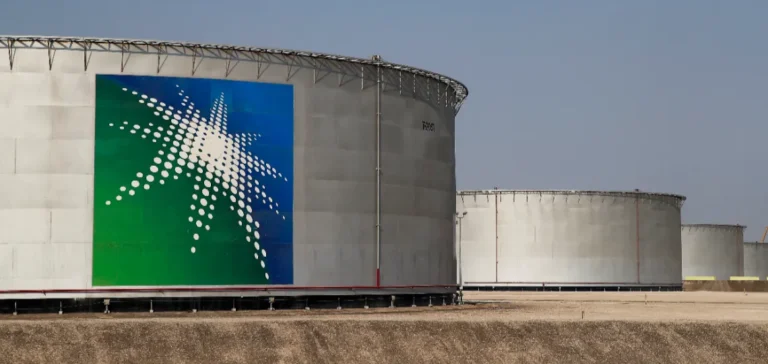Saudi oil company Aramco has announced the signing of 17 memoranda of understanding and contracts with U.S. firms, representing a potential value of over $30 billion. The announcements were made during the U.S.–Saudi Investment Forum 2025 in Washington and follow a previous series of 34 deals unveiled in May, estimated at $90 billion.
Expansion of LNG and industrial materials cooperation
The new agreements span several key sectors, including liquefied natural gas (LNG), advanced materials manufacturing, engineering services and procurement. In the LNG segment, Aramco signed an MoU with MidOcean Energy for a potential investment in the Lake Charles LNG project. Another agreement with Commonwealth LNG involves discussions on LNG and gas purchases by Aramco Trading, as well as participation in a liquefaction facility in Louisiana.
In the industrial sector, Aramco has expanded its collaboration with leading U.S. suppliers such as SLB, Baker Hughes, Halliburton, McDermott, KBR, Flowserve, NOV, Worley and Fluor. These partnerships cover the supply of materials and professional services supporting both upstream and downstream operations.
Financial deals and composite manufacturing
Aramco also extended an MoU with Syensqo to explore localising carbon fibre and composite production for industrial use. In financial services, Wisayah, Aramco’s asset management subsidiary, signed several investment agreements with U.S. firms. A strategic collaboration with J.P. Morgan was also announced for cash account management.
Aramco President and CEO Amin H. Nasser highlighted the historical role U.S. companies have played in the group’s development since the 1930s, particularly in oil production, gas expansion and technology.
Non-binding commitments at this stage
Although the overall figure announced exceeds $30 billion, Aramco did not provide details on individual deal values. As memoranda of understanding, the commitments are non-binding and subject to further stages, including commercial negotiations, regulatory approvals and final investment decisions.
LNG-related projects in particular typically require several years of development before reaching execution phase. A similar level of caution applied to the $90 billion in MoUs announced in May, underlining the gap between declared intentions and actual investments.






















